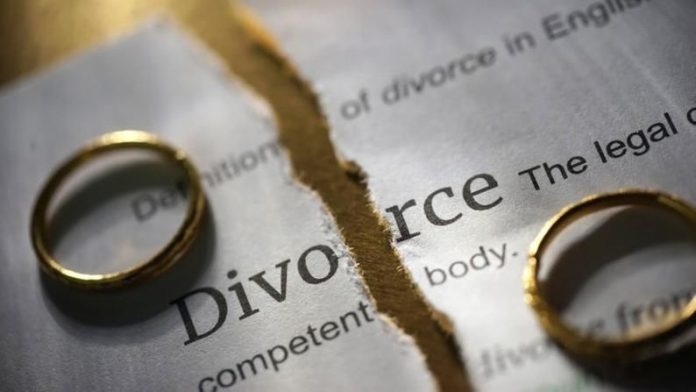Divorce is a legal procedure that dissolves a marital union between two individuals. Divorce process followed depends on the system through which parties got married. It entails going to court to formally separate and split assets and obligations. Divorce is an emotional process as it is a legal process, for it often leaves the couple in partnership feeling devastated.
Each system of marriage specifies grounds for separation and divorce. Some of the leading causes across the different systems are adultery, cruelty, desertion, exceptional depravity on one party and irretrievable breakdown of the marriage.
Adultery involves extra-marital sexual relationships committed by a party to a marriage. The offended party feels betrayed. Adultery may affect the foundational stand of the marriage. For adultery to constitute a good ground for divorce, the other party must not have engaged in similar acts. Where it is the only alleged ground, a couple will be encouraged to seek counselling or therapy as a way of regaining trust; however, if unsuccessful, the divorce process will proceed in court.
Cruelty may be physical or mental. Mental cruelty may include financial instability arising from extreme levels of reckless spending, and increasing debts and can cause a strain on the marriage. Money problems can lead to arguments and stress and can create resentment between spouses. The constant financial struggle erodes the connection between the couple, eventually leading to a divorce.
Irretrievable breakdown of marriage takes many shapes, including incompatibility of the parties, over a period of time. Lack of emotional fulfilment may drive parties to seek divorce. A couple can have strained communication and lack intimacy. In most cases, it is brought about by the partners having busy and different life schedules. Spouses feel emotionally dissatisfied with one another and begin yearning for a deeper connection. The gradual drifting apart makes the partners want to pursue emotional intimacy, and this eventually leads to a divorce.
In Kenya, divorce is regulated by the Marriage Act enacted in 2014. Although no-fault divorce is gradually gaining prominence in Kenya, the predominant practice is based on the faults approach. The party petitioning for divorce has to provide proof against the other party. The divorce proceedings commence once a petition is filed by one of the partners. The petition is then served to the other spouse. The couple begins attending court proceedings afterwards. In these proceedings, the court addresses reasons for seeking divorce, then child custody, if any, financial support, and division of assets. After a waiting period, an agreement is reached, and a decree absolute is issued. A decree absolute is the final court order that officially ends a marriage.


